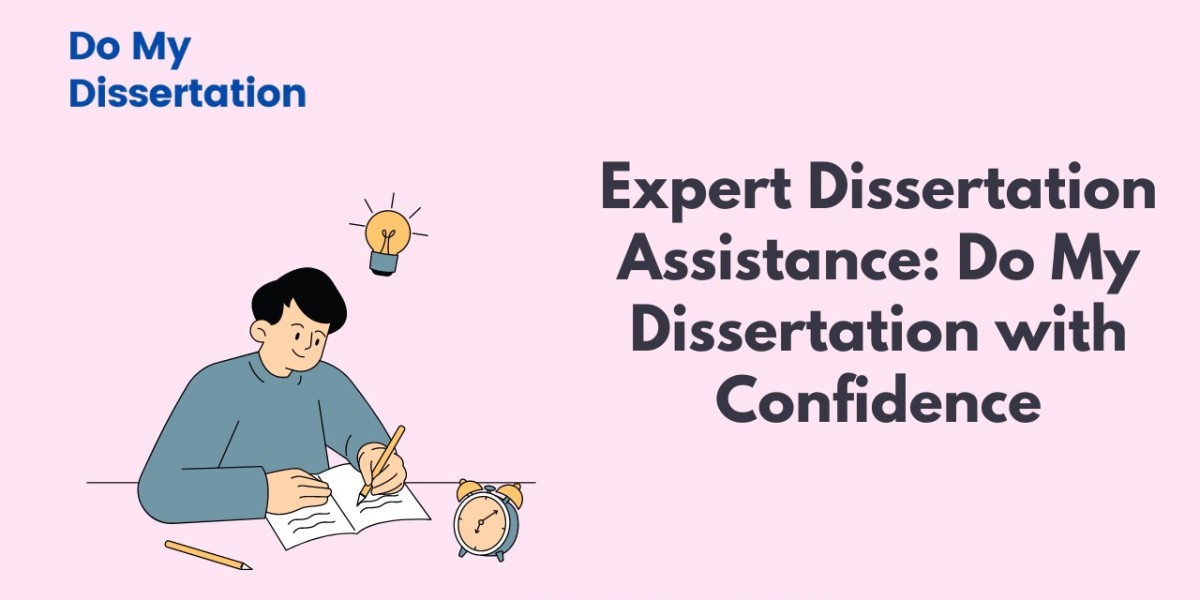Psychiatry is one of the primary medical disciplines. After graduating from medical school, graduates complete two years of Foundation Training in a range of departments in hospitals, including psychiatry. Then they complete three years of specialization training, typically in three 12 month posts.
 This includes an explanation of the most likely diagnosis and treatment recommendations from a specialist based on an holistic biopsychosocial framework. They also create a brief medical report for your GP.
This includes an explanation of the most likely diagnosis and treatment recommendations from a specialist based on an holistic biopsychosocial framework. They also create a brief medical report for your GP.Psychiatrists
Psychiatrists undergo medical training and are experts in diagnosing and treating mental health problems. Although they function in a similar way as psychologists, they also are knowledgeable about the biological components of mental health and how this impacts our behavior. As a result psychiatrists often prescribe medications to help manage symptoms. They also provide assistance and advice.
You must hold an medical degree that is recognized by the General Medical Council to become a psychiatrist. You can then choose to go through a two-year foundation program of general education prior to undertaking three years of core training in psychiatry. Then, you'll finish a further three years of training in specialist psychiatry.
There are 21 Deaneries of Psychology in the uk private psychiatrist. They offer the national service of recruitment to specialist and core jobs. They are responsible for overseeing national recruitment, organising specific training and ensuring that standards are maintained. They also play a key role in the development and improvement of mental health services.
If you require the services of a psychiatrist then your GP can suggest one to you. You could also be recommended to a local health team. The Royal College of Psychiatrists is the primary body that supports psychiatrists in the UK and is a great starting point for your search. It includes a list of psychiatrists that includes psychiatrists who are registered to treat their patients.
A private psychiatrist will carry out an exhaustive assessment of your mental health and offer an appropriate treatment plan. They can evaluate you face-to-face via internet or telephone. They can also write a report to be given to your GP. They can help you get rid of your symptoms to allow you to live your life to the fullest.
Check out the qualifications and experience of a psychiatrist you are considering. Choose a doctor who has a valid GMC license and who is a Royal College of Psychiatrists member. You should also check whether they accept your insurance policy.
Assessments
In a private assessment, the psychiatrist will review your mental health in depth. This will involve detailed discussions on the current challenges and an examination of your prior history. This will also include a review of your family and social history to help form an understanding of what is happening in the present. In some cases psychiatrists may suggest testing for blood or other tests in order to get an accurate picture of your symptoms. These tests can be performed privately or through your GP.
If the psychiatrist believes that you require more information, they will refer to specialists for a further assessment, for example, a psychologist or psychotherapist. These professionals can then recommend therapy or medication, if they deem it appropriate. The psychiatrist will be able to answer any questions you have during this session and you are invited to bring a friend or relative with you.
Psychiatrists look at your symptoms in depth and determine if they are caused by a medical condition or to other factors, such as stress or alcohol. The evaluation will take into account the impact of your problems on your daily routine including your relationships and your ability to cope with everyday tasks. The psychiatrist will ask about your family life, social life and how your issues affect you at work or school.
 Liaison psychiatry clinics that evaluate patients in hospitals are monitored by PLAN and are expected to have a room for interviews that meets criteria for safely conducting high-risk assessments. PLAN has discovered that this is a difficult goal to achieve. There are many barriers such as the fact that the rooms for assessment aren't the top priority for hospital managers, or the need to balance safety requirements with a calm atmosphere. PLAN also discovered that some hospital liaison services for psychiatry struggle with meeting the National Suicide Prevention Strategy standards, which emphasizes the importance of having sufficient facilities for assessing those at risk of suicidal thoughts.
Liaison psychiatry clinics that evaluate patients in hospitals are monitored by PLAN and are expected to have a room for interviews that meets criteria for safely conducting high-risk assessments. PLAN has discovered that this is a difficult goal to achieve. There are many barriers such as the fact that the rooms for assessment aren't the top priority for hospital managers, or the need to balance safety requirements with a calm atmosphere. PLAN also discovered that some hospital liaison services for psychiatry struggle with meeting the National Suicide Prevention Strategy standards, which emphasizes the importance of having sufficient facilities for assessing those at risk of suicidal thoughts.Medical Investigations
Psychiatrists are trained to understand and address the root causes of mental health issues that often have physical causes. This means they might need to carry out medical tests, like blood tests or MRI scans. The psychiatrist will usually decide the type of test required after examining your symptoms and medical history. The results of the test can help confirm or rule out the root causes of your illness.
A psychiatrist might also decide to prescribe medication, rather than conduct medical tests. Medications can be very effective in treating psychiatric illnesses, and they are usually very safe if taken in the right way. Sometimes, a psychiatrist will recommend you to a therapist for a specific therapy. The GP will only do this if the therapist is able to help.
The psychiatrist is typically able to arrange regular follow-up appointments. These could be between half an hour or one hour in length, according to the complexity of your case. The psychiatrist will prefer to see you face-to–face, but during the Covid-19 epidemic it was not uncommon for the first appointment to be conducted via phone or by video. You may bring your family member or friend to the consultation room, but this is not always necessary.
It could be possible for your doctor to arrange a second opinion with a psychiatrist from an NHS trust in a different area of the country. This will depend on if the trust agreed to allow it and whether your local integrated health board (ICB) was happy to finance it. You might also be able to receive assistance from a mental health or community advocacy service.
Psychiatrists need an medical degree. they must then work for two years as house officers in the foundation in various hospitals. After that, they can apply for specialist training, which is split into three phases of basic psychiatry; three years of specialized training in psychiatry and two more years senior registrar. After that, they receive a certificate of Completion of Specialist Training. The process can last from one to nine years following medical school.
Medication
If you suffer from an illness of the mind your doctor may prescribe medication for you. This is a form of treatment that can help reduce the symptoms and improve your capacity to function in your daily life. Psychologists may also suggest other types of treatments, such as psychotherapy or counselling. It's important to listen to your doctor carefully because medications work differently for everyone.
Some psychiatrists specialise in particular conditions, while others are able to treat many different ailments. For example, Dr Humphries is a highly experienced general adult psychiatrist, and a highly regarded specialist in adult ADHD. He has been in the field for a long time and has written a number of important Department of Health publications. He also works as a consultant to the NHS and has a wealth of experience in both community and inpatient services.
Psychiatrists may prescribe medication to treat specific ailments or suggest other treatments, like cognitive behavioral therapy (CBT) or counseling. Some psychiatrists also have training in mindfulness techniques that can help patients manage their mental health issues.
The Royal College of Psychiatrists is the most popular professional body for psychiatric professionals. The RCPsych offers professional support to its members, such as job opportunities and briefings on policy. The organization also engages in research and organizes an annual conference. It also awards prizes to students interested in careers in the field of psychiatry.
Depending on the area of specialisation, a Psychiatrist could be employed in the NHS or the private sector. They work for 40 hours a week, and are also on call duty. Depending on the specialization they might also be required to do nights or weekends shifts.
A Psychiatrist can assess you for a variety of mental health issues including anxiety and depression to schizophrenia and bipolar disorder. They can diagnose you and then prescribe the right medication for you. They can also give you self-help booklets and other information to help you. They can also recommend you to other services in the community if necessary. In the UK one in six adults suffers from a mental health problem. These illnesses can affect your quality of life, and it's important to seek treatment as early as you can.








